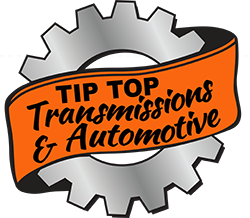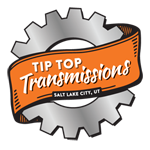Deciding whether you should repair or replace your car isn’t easy. That major repair bill is hard to swallow, but so is the thought of paying thousands for a new ride (or signing up for hefty monthly car payments.)
When should you invest in car repairs and when should you give up?
Assess Your Car’s Value
The first step in determining whether to repair or replace your car is finding out what it’s worth. You can use Kelley Blue Book or have a dealership assess the car for its trade-in value. Once you have an accurate picture of how much your vehicle is worth and how easy it would be to sell, you’ll be better equipped to make a judgment based on the financial facts.
Talk to Your Mechanic
If your car needs fixing now, ask your mechanic how much it will cost, including parts and labor. You also should have them look over the entire vehicle, report on whether other major systems and parts look like they could fail soon, and give you an estimate of what it would cost for imminent future repairs.
Patience Is Key
As a rule of thumb, if the repair will cost more than 50 percent of what your car is worth, it’s time to say goodbye to your current ride. However, other factors come into play. For example, if your vehicle is without a working transmission, you might have to opt for a transmission rebuild in order for the vehicle to sell.
It doesn’t make sense to pay a major repair bill for a car you don’t plan on keeping for much longer, but once you’ve replaced a major part, that’s one less repair you’ll need to make. If it could get your car back on the road, it could give you time to save up for the new ride you want.
Estimate New Car Payments
Don’t decide to repair or replace your car without fully understanding the financial aspect of both options. For example, if you’re struggling to pay for a major repair, how are you going to afford a new car payment for the next three to five years?
Consider New Car Insurance Costs
It’s not only the payment that will tax your budget. Your insurance is likely to go up when you buy a newer model car, so talk to your insurance agent to get an estimate.
Updated Safety Features Make a Difference
Even though a new car is expensive, many safety improvements offer clear advantages over your old car, such as backup cameras, electronic stability control and side airbags.
Repair or Replace Your Car?
Whether you should repair or replace your car is a strictly personal decision, depending on your budget and your lifestyle. To help you make an informed choice, have Tip Top Transmission examine your vehicle before you decide.

